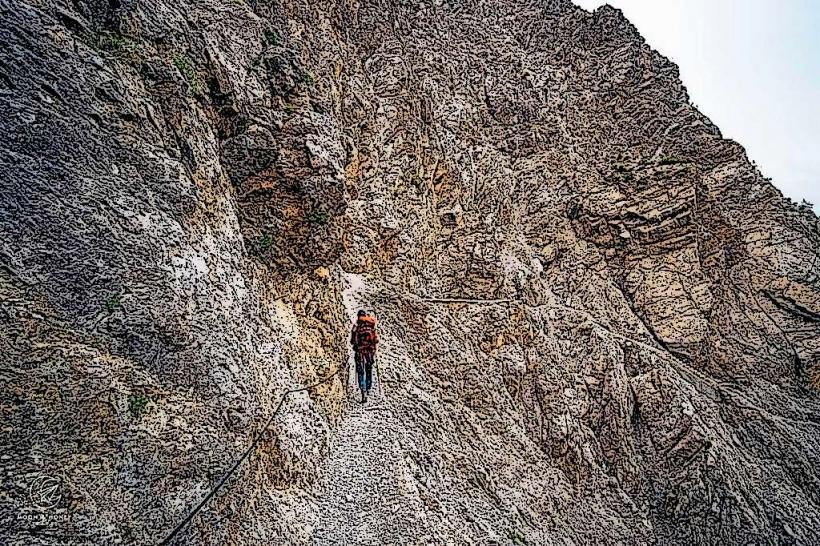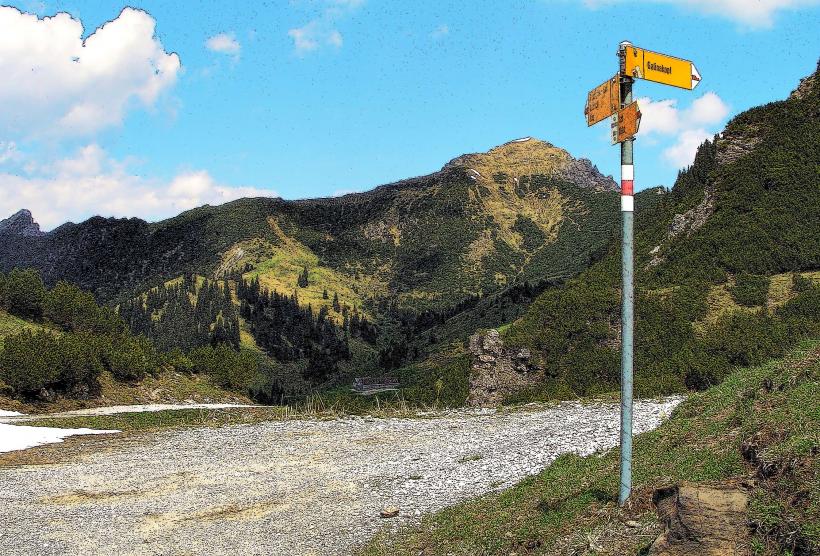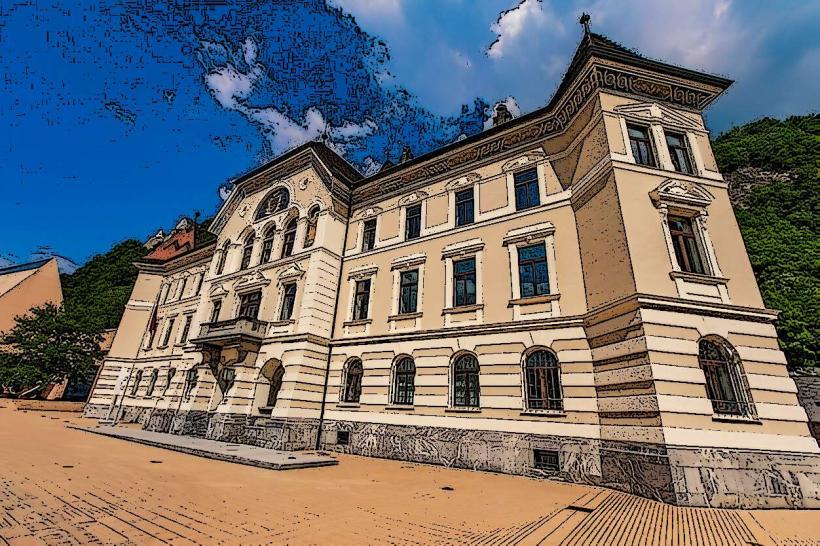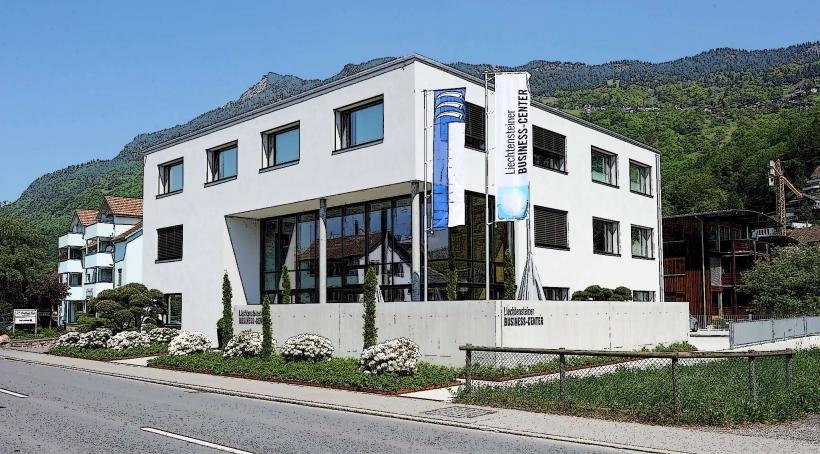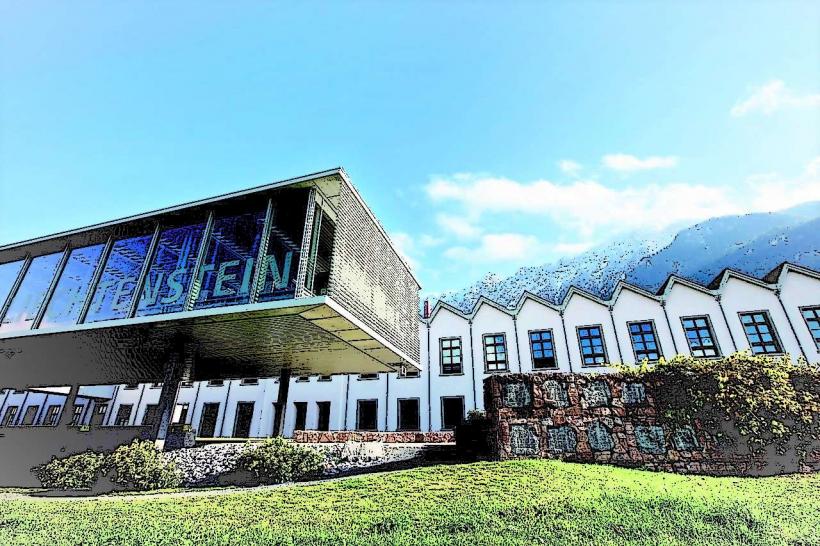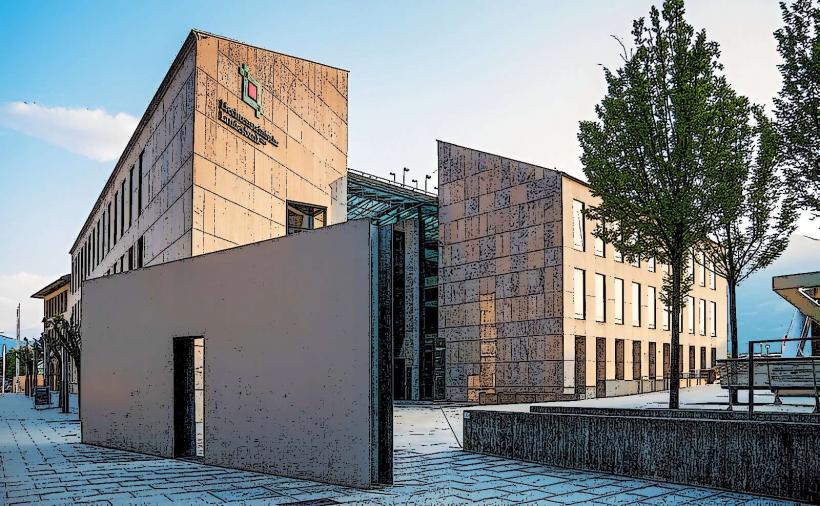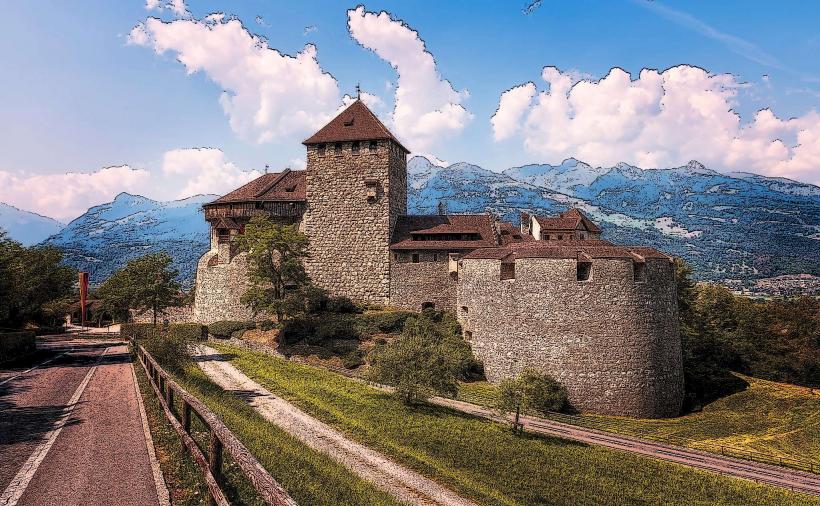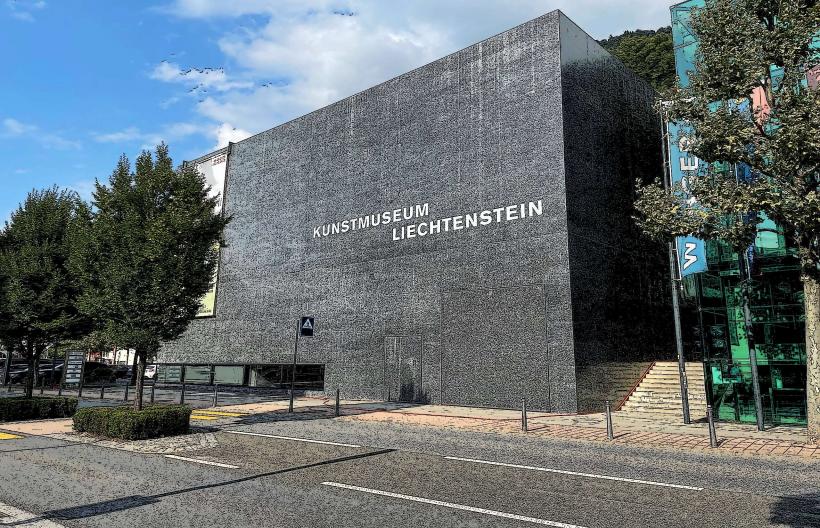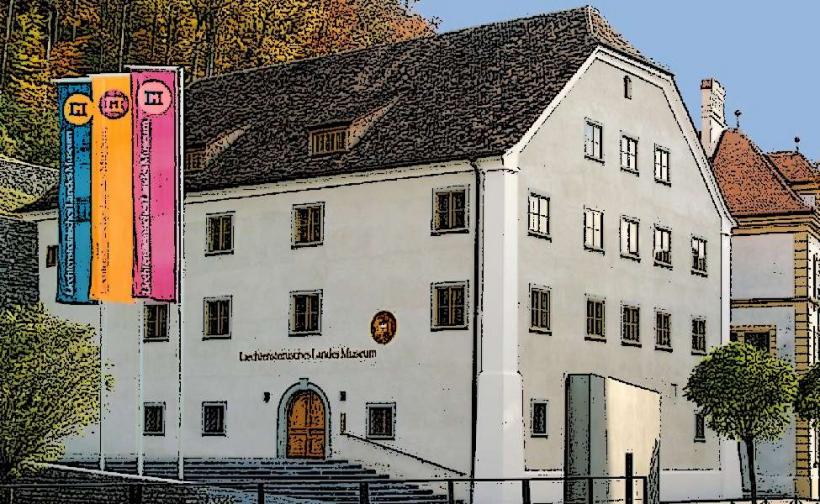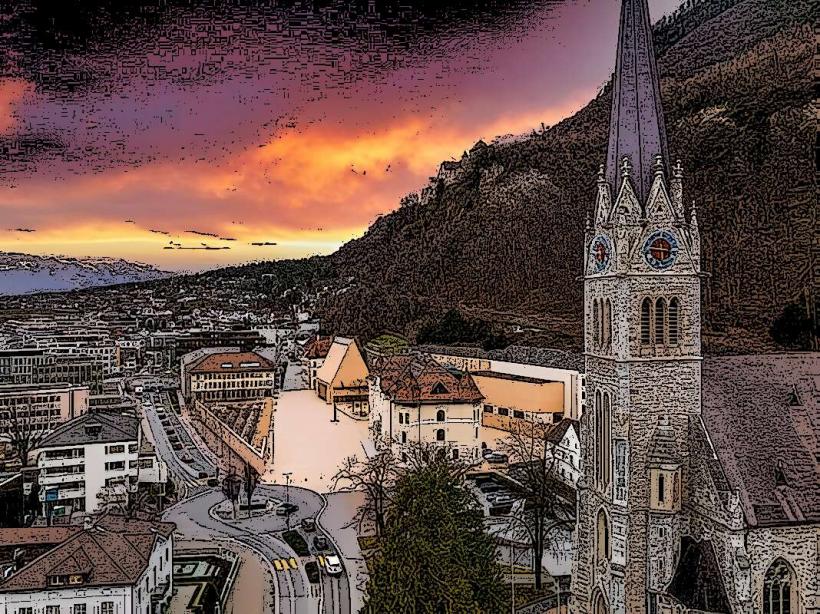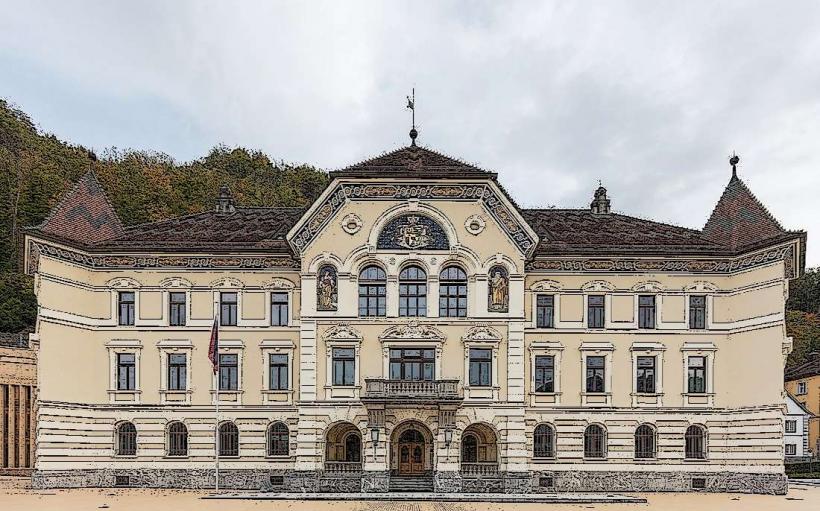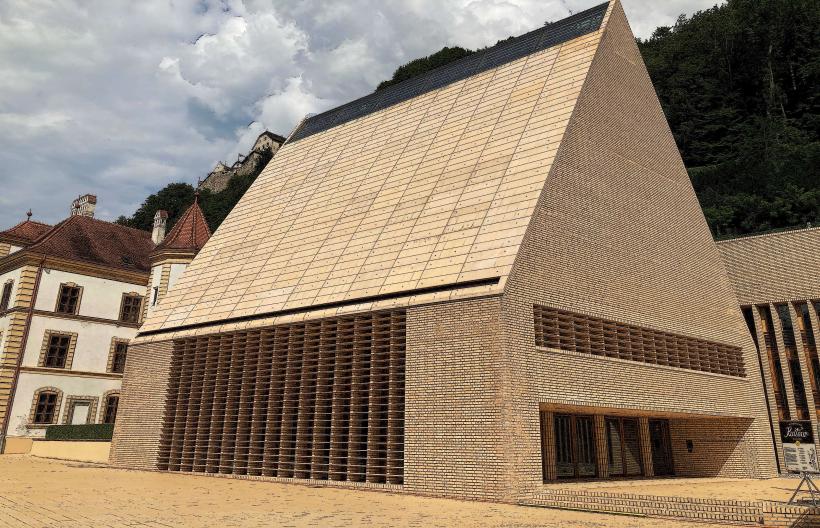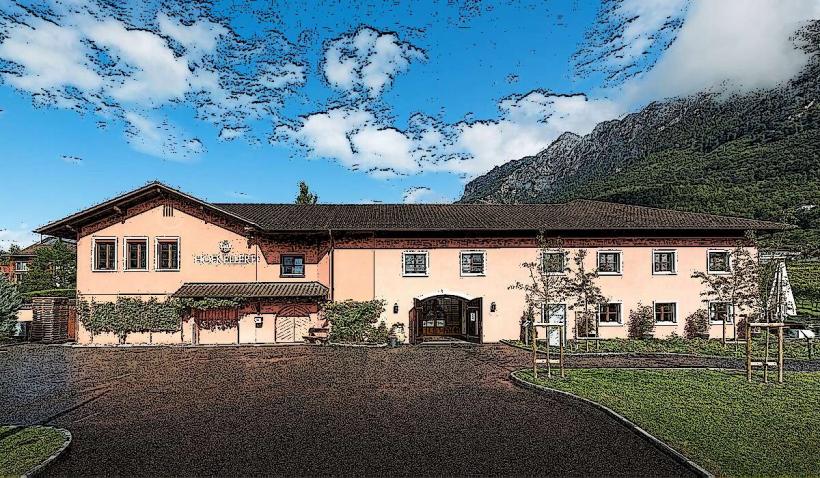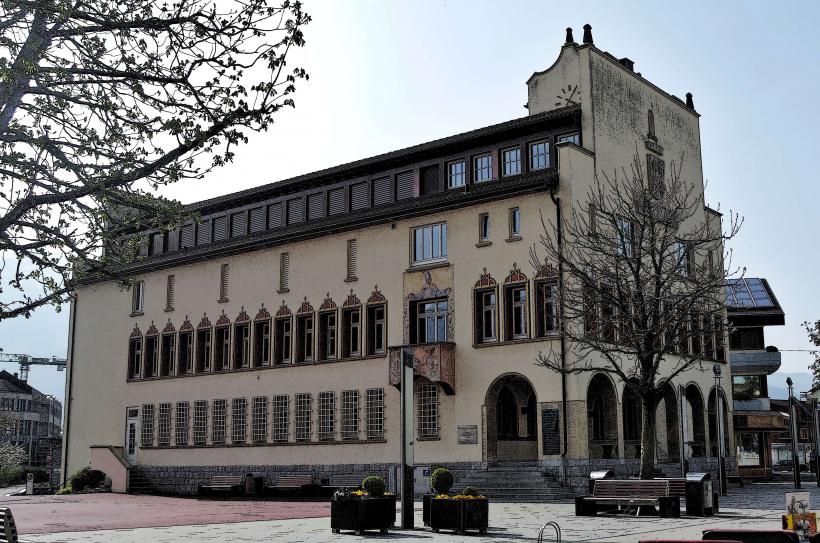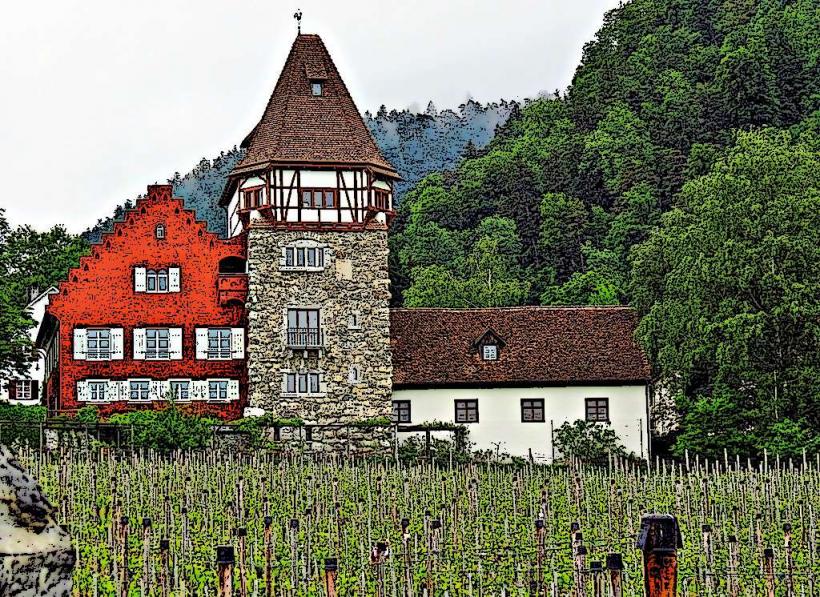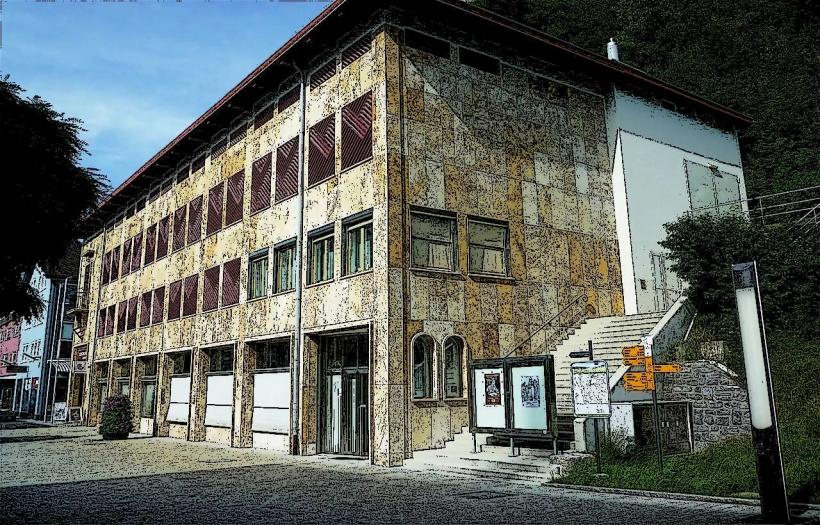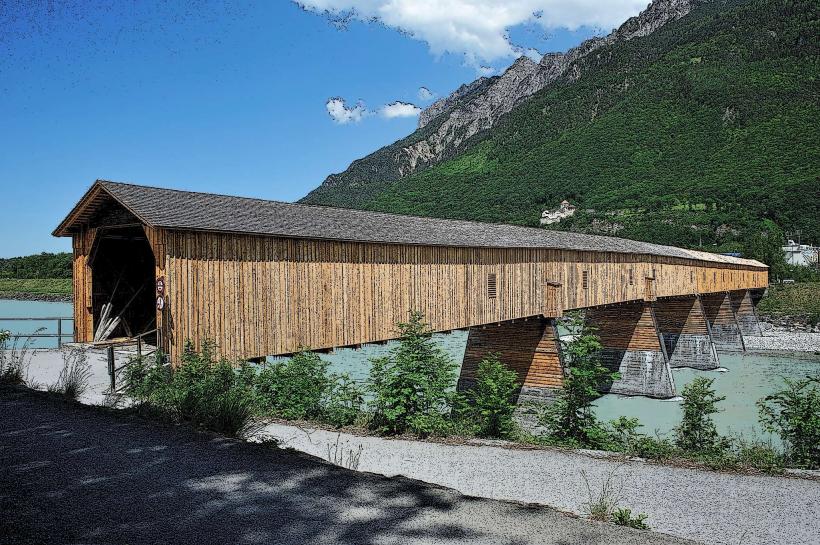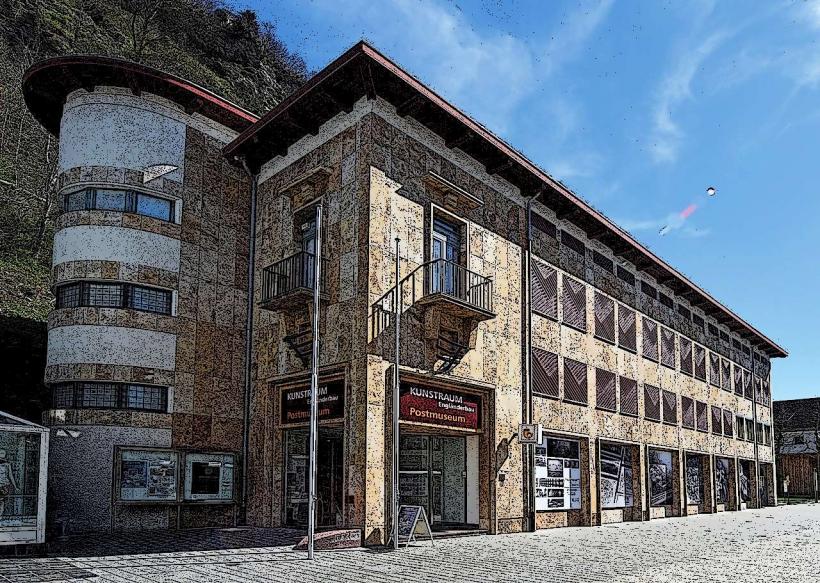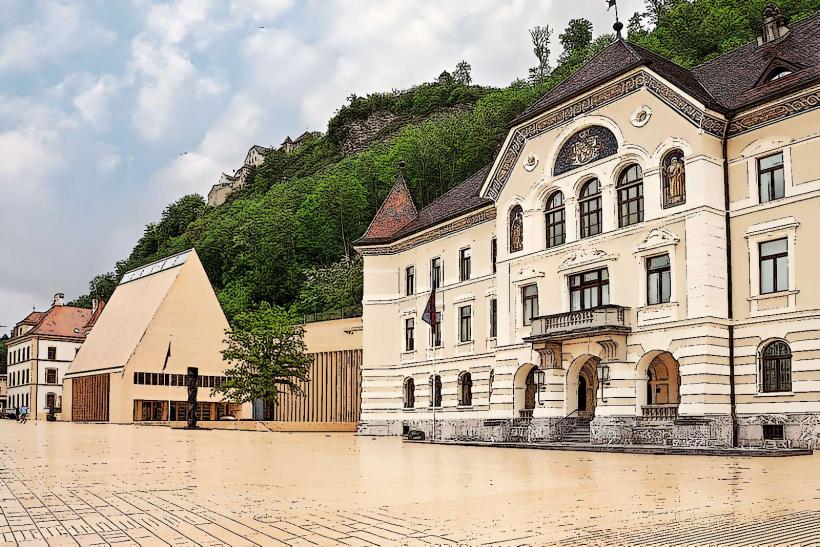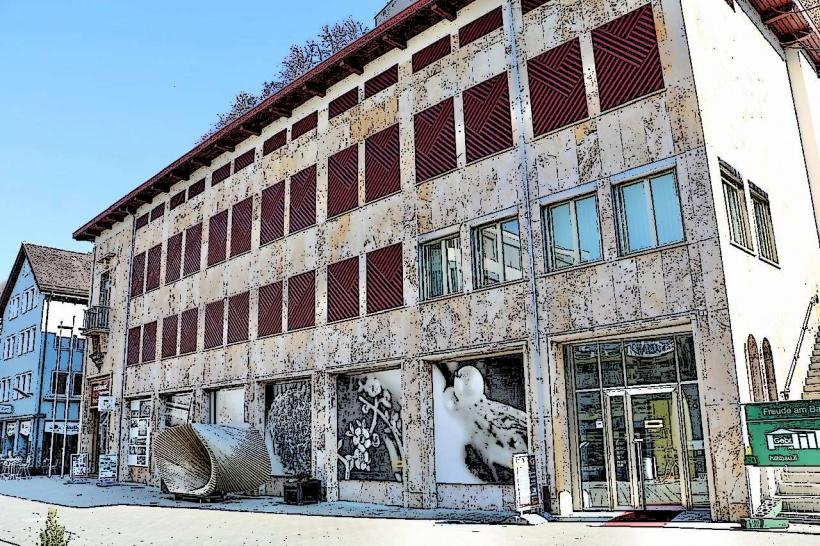Information
City: VaduzCountry: Liechtenstein
Continent: Europe
Vaduz, as the capital of Liechtenstein, is a small yet highly significant city, not only because of its landmarks but due to its political, economic, and cultural influence within the country. Here’s a deeper look at the city beyond its famous landmarks:
Geography and Location
Vaduz is situated on the eastern bank of the Rhine River, in a valley surrounded by the Swiss Alps. Its location offers stunning natural views of the mountains and the river, which shape the region's climate and overall environment. The city spans about 17.3 square kilometers and is part of the wider municipality of Vaduz, which is the largest municipality in the country in terms of population.
Economy and Industry
While Vaduz is a small city, it plays a central role in the economic life of Liechtenstein. The city is a hub for finance, particularly because Liechtenstein has a strong financial sector that is internationally recognized for its stability and wealth. Vaduz hosts many banks, financial institutions, and legal firms that cater to international clients.
Finance and Banking: Liechtenstein's economy relies heavily on banking and financial services. Vaduz, being the capital, is home to a large number of these institutions, which contribute significantly to the country's GDP. The country’s favorable tax laws make it an attractive location for businesses and wealthy individuals seeking financial services.
Industry and Innovation: Although the country is small, Liechtenstein has a highly developed industrial sector, particularly in high-tech industries such as precision instruments, machinery, and pharmaceuticals. Vaduz has seen a rise in companies and startups, especially in areas related to technology, biotechnology, and manufacturing, that contribute to the country's economic diversification.
Public Administration: As the political center of Liechtenstein, Vaduz hosts the government and administrative offices. The city serves as the seat of the Prince of Liechtenstein, the national parliament, and the country's judicial bodies. It is also the location for the official offices of various governmental departments, including foreign affairs and economic development.
Demographics and Population
Vaduz has a population of approximately 5,000 people, making it a small city even by Liechtenstein's standards. The population is diverse, with a significant proportion being expatriates working in the financial sector. Although the country has a small overall population (around 40,000 people), Vaduz is a highly cosmopolitan area due to its importance in finance and governance.
The official language of Vaduz, like the rest of Liechtenstein, is German. However, English is widely spoken, especially in business and governmental contexts. The local culture reflects a blend of traditional Liechtenstein values and a more international outlook, particularly due to the influence of the country's financial sector.
Transportation and Accessibility
Vaduz is well-connected by road, with good access to neighboring Switzerland and Austria. The city's proximity to major transportation hubs, such as Zurich in Switzerland, makes it easy for visitors and residents to travel internationally. Although Vaduz does not have its own airport, the nearby Schwarzach am Main airport in Switzerland serves as the primary gateway for air travel.
Within Vaduz, public transportation is limited, but there are efficient bus services that connect Vaduz with other parts of the country and neighboring regions. Cycling is also popular due to the city's compact size and the scenic routes around the Rhine River and mountainous landscapes.
Government and Political Role
Vaduz is the political heart of Liechtenstein, and as such, it plays a vital role in the country’s governance. The Prince of Liechtenstein holds significant influence over political affairs, and the government is structured as a constitutional monarchy with democratic elements. Vaduz is home to the national parliament (Landtag), the Government (or Executive), and the Judicial system. The country's legal system is based on civil law traditions, and the presence of the judiciary in Vaduz makes it a critical location for legal affairs in the country.
The Prince's office is also located in Vaduz, and the Princely family is highly involved in matters of national policy and governance. The country’s political system is unique, blending elements of monarchy with a parliamentary system, which sets Vaduz apart from many other cities globally.
Education and Research
Vaduz is not a major center for higher education, but there are local institutions that offer various academic programs, particularly in fields like business, finance, and law. The University of Liechtenstein is located in Vaduz, offering undergraduate and graduate programs, particularly in business administration, architecture, and informatics. The university plays a role in fostering local innovation and attracting international students, particularly from neighboring countries like Switzerland and Austria.
Additionally, Vaduz is home to research institutions focusing on areas such as economics, finance, and technology. The country's investment in education and research is growing, which is reflected in the city’s gradual shift towards innovation and technological advancement.
Cultural Life
Despite its small size, Vaduz offers a cultural experience that reflects both traditional Liechtenstein heritage and modern European influences. There are various cultural events and festivals throughout the year, many of which are linked to national holidays and celebrations of Liechtenstein's heritage.
Art and Exhibitions: Vaduz hosts several galleries and cultural institutions that showcase both traditional and contemporary art, attracting visitors from around the world.
Cultural Diversity: Due to its international atmosphere, the city sees a mix of cultural traditions, with diverse cuisine, festivals, and international events occurring throughout the year.
Challenges and Future Outlook
While Vaduz has benefited greatly from its position as the financial capital of Liechtenstein, there are challenges related to global tax regulations and international scrutiny of financial centers. The country has been under pressure to comply with international standards on banking transparency, and Vaduz is working on balancing its financial services sector with the need for ethical and sustainable practices.
Furthermore, the small size of Vaduz and Liechtenstein means that the city faces limitations in infrastructure development. However, its commitment to sustainability, green development, and maintaining its international financial standing ensures that Vaduz will continue to evolve as a modern, efficient, and attractive place to live and work.
In summary, Vaduz is much more than its landmarks. It is a thriving financial and administrative center, playing a pivotal role in the governance and economy of Liechtenstein. With its blend of tradition, innovation, and international influence, it remains an interesting and unique capital city.

